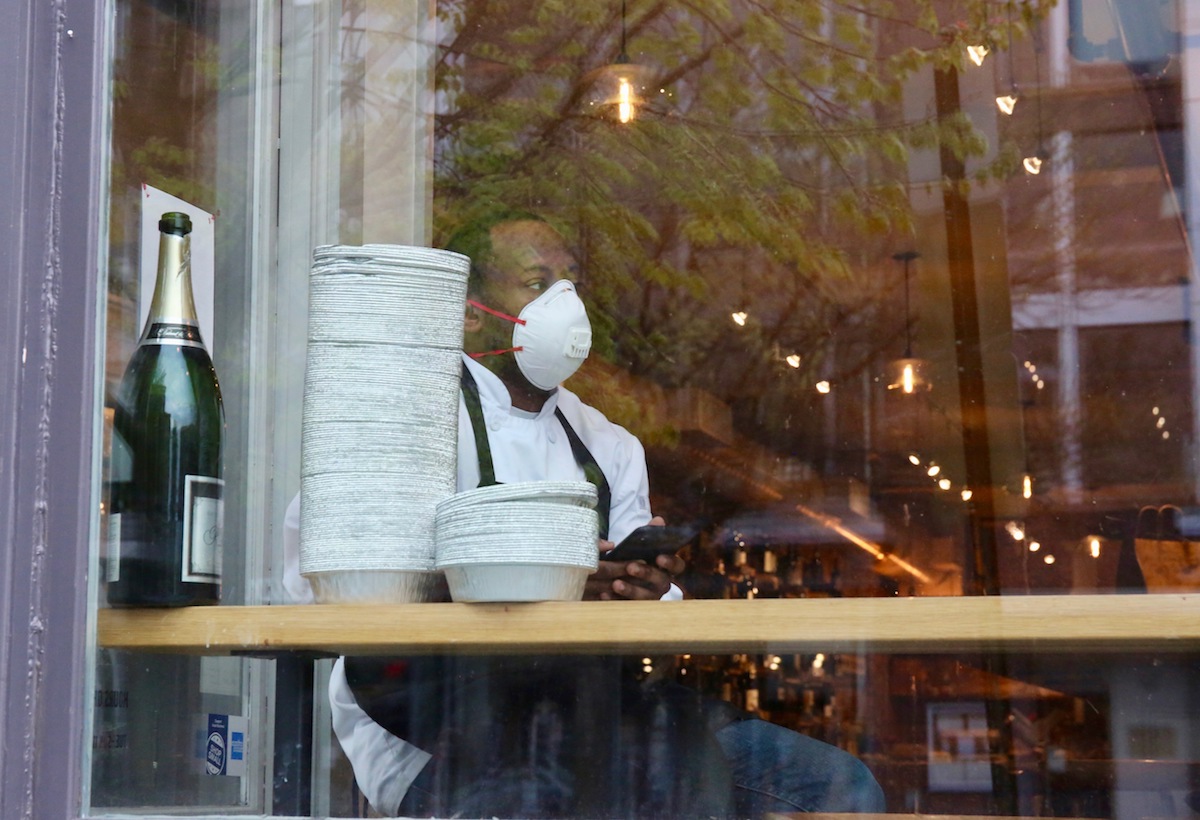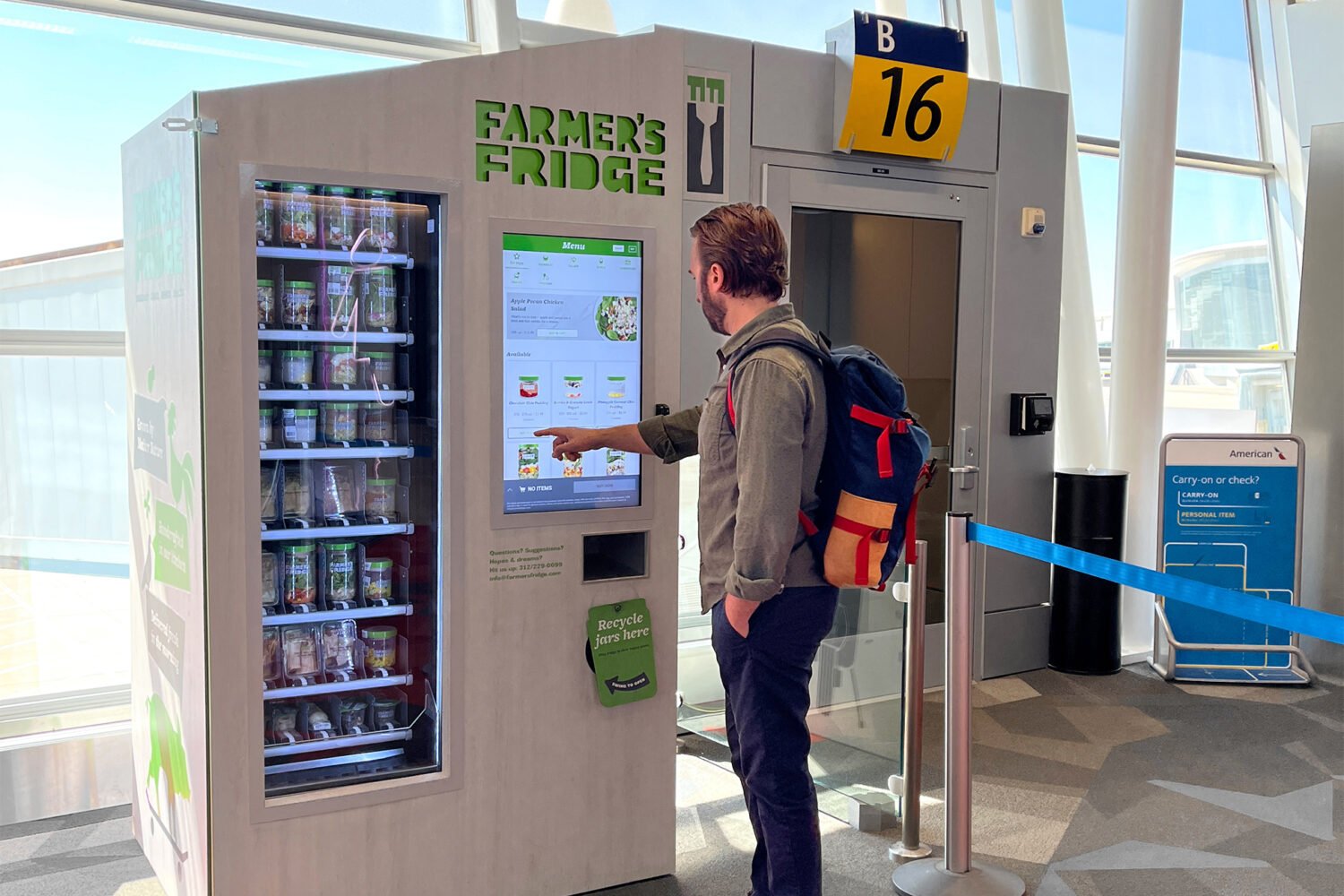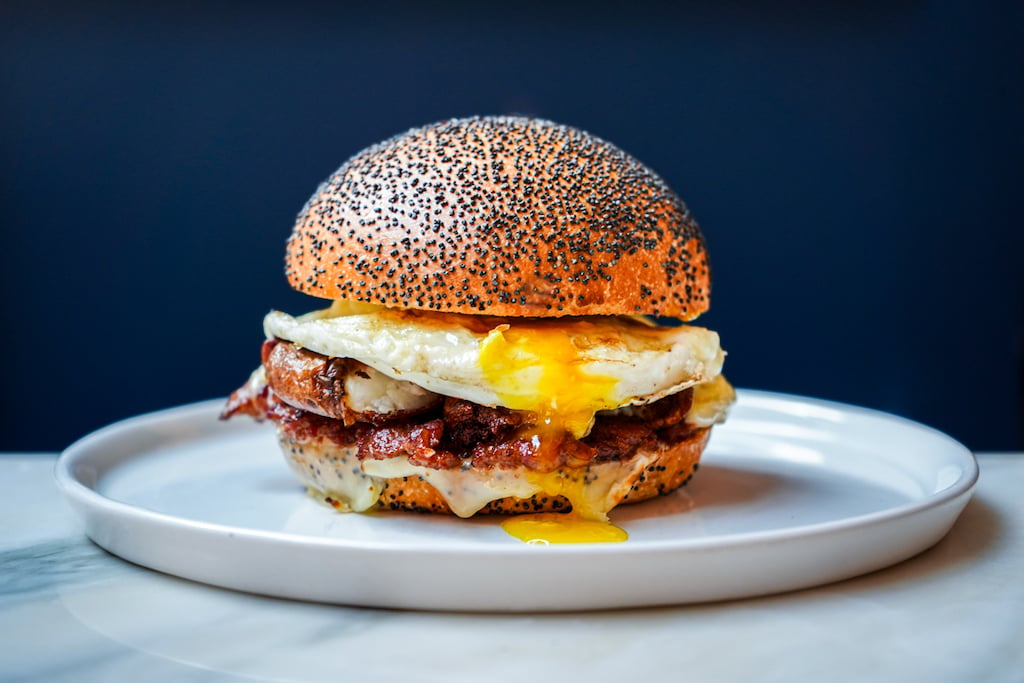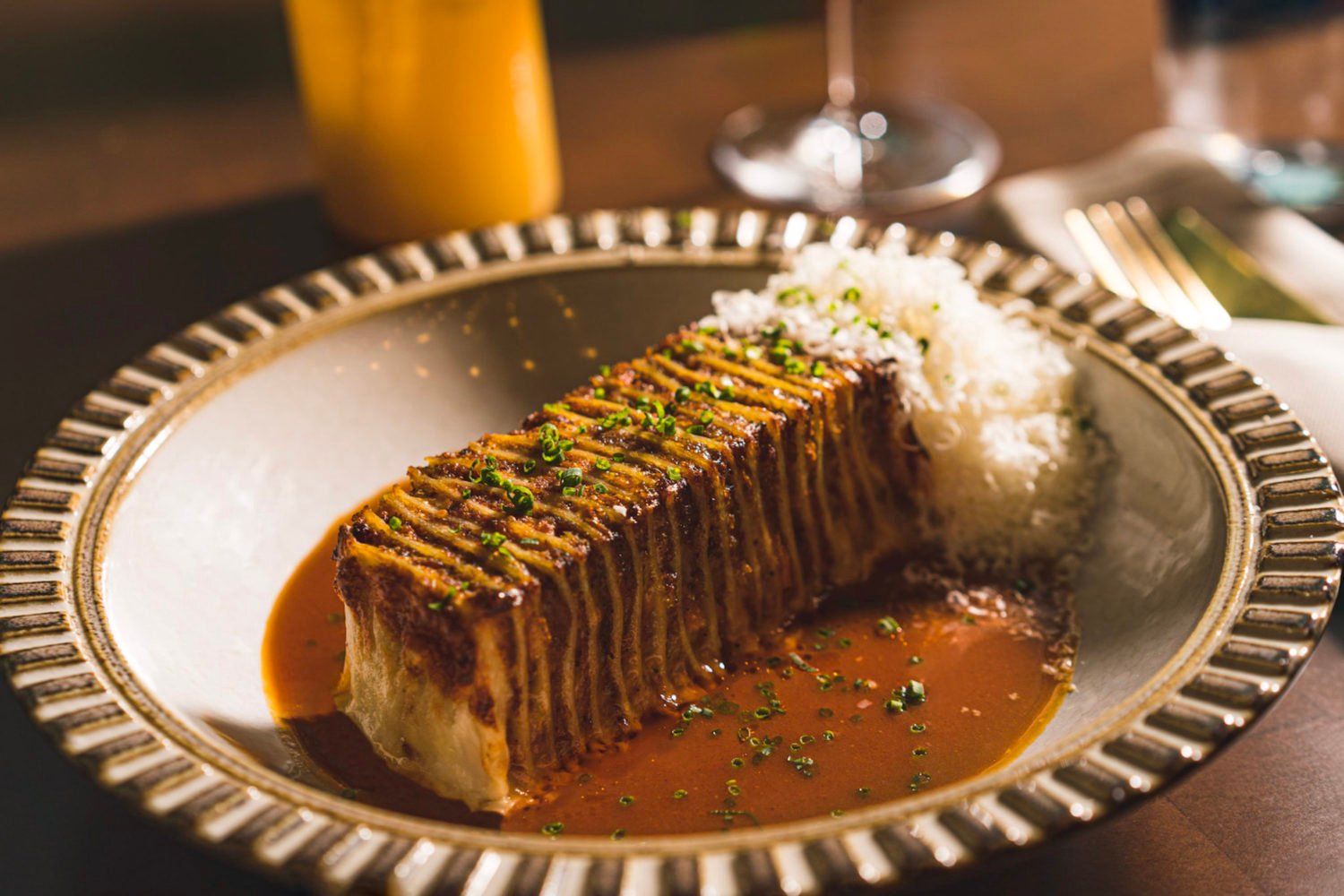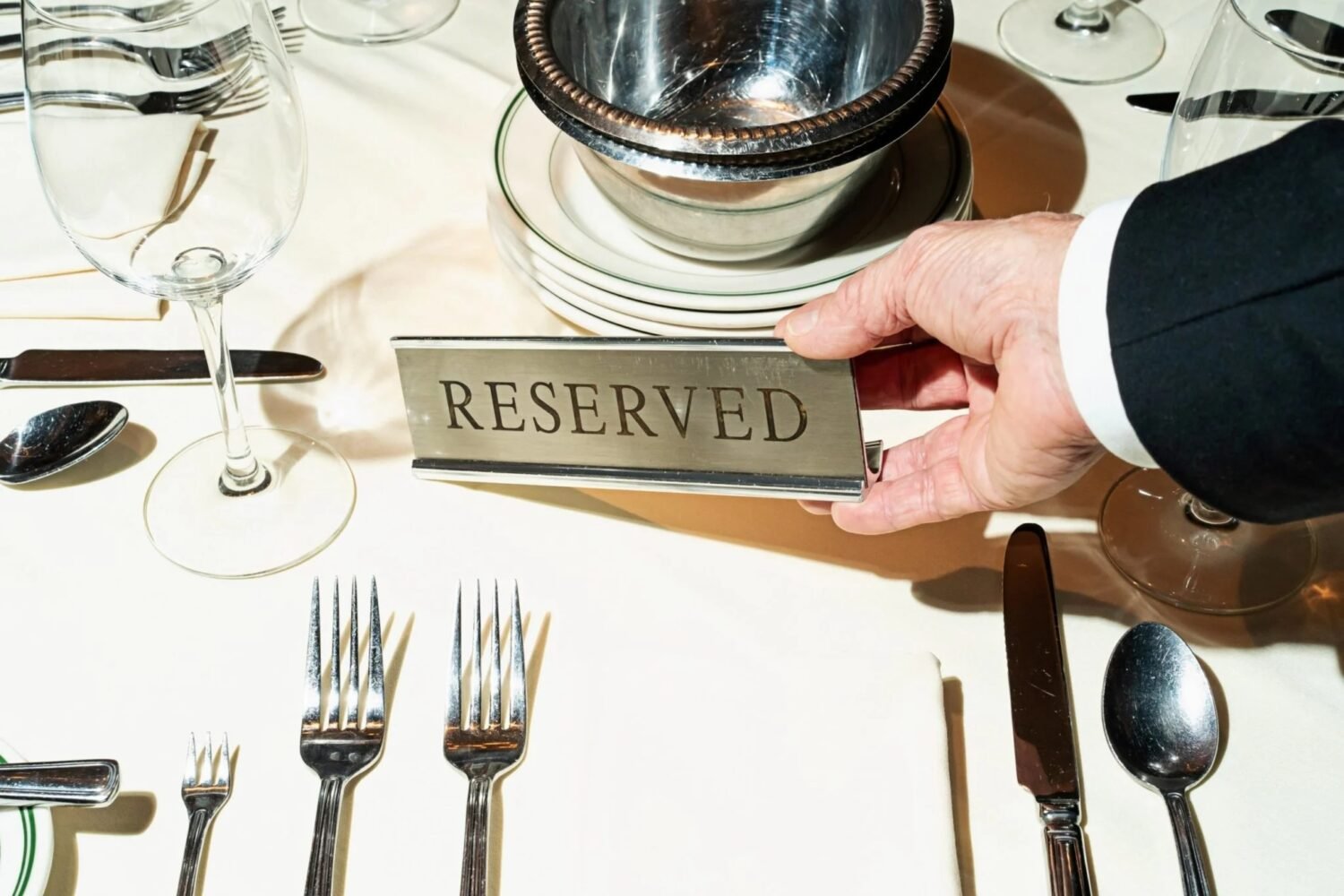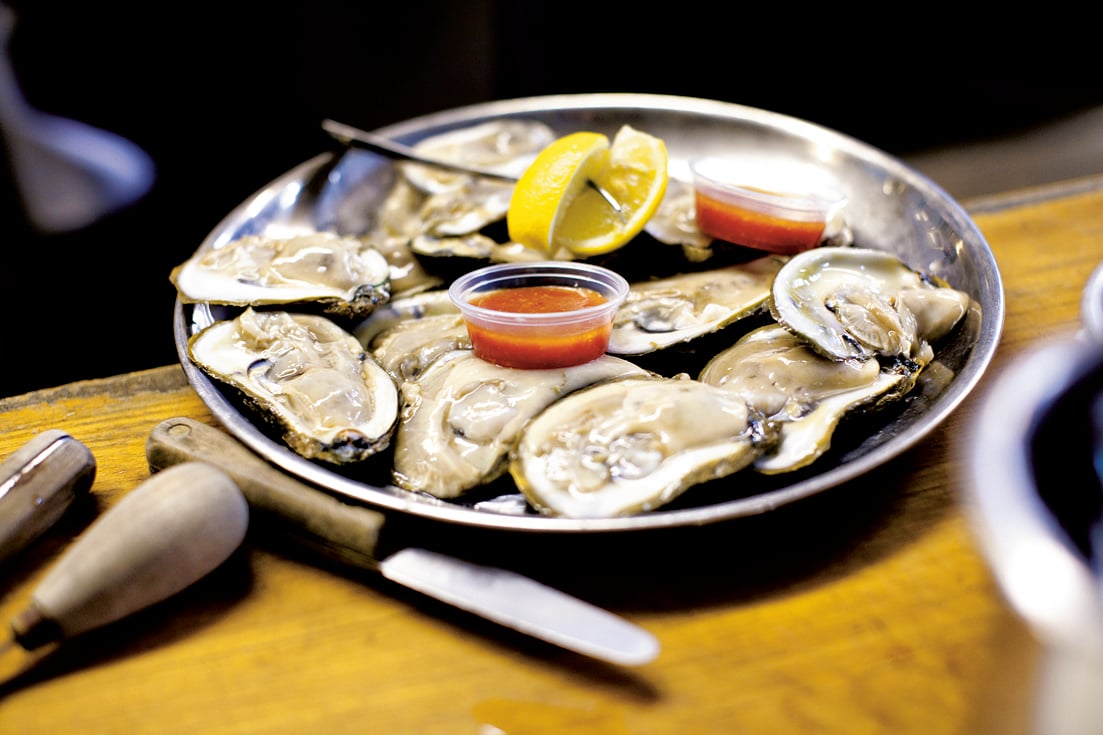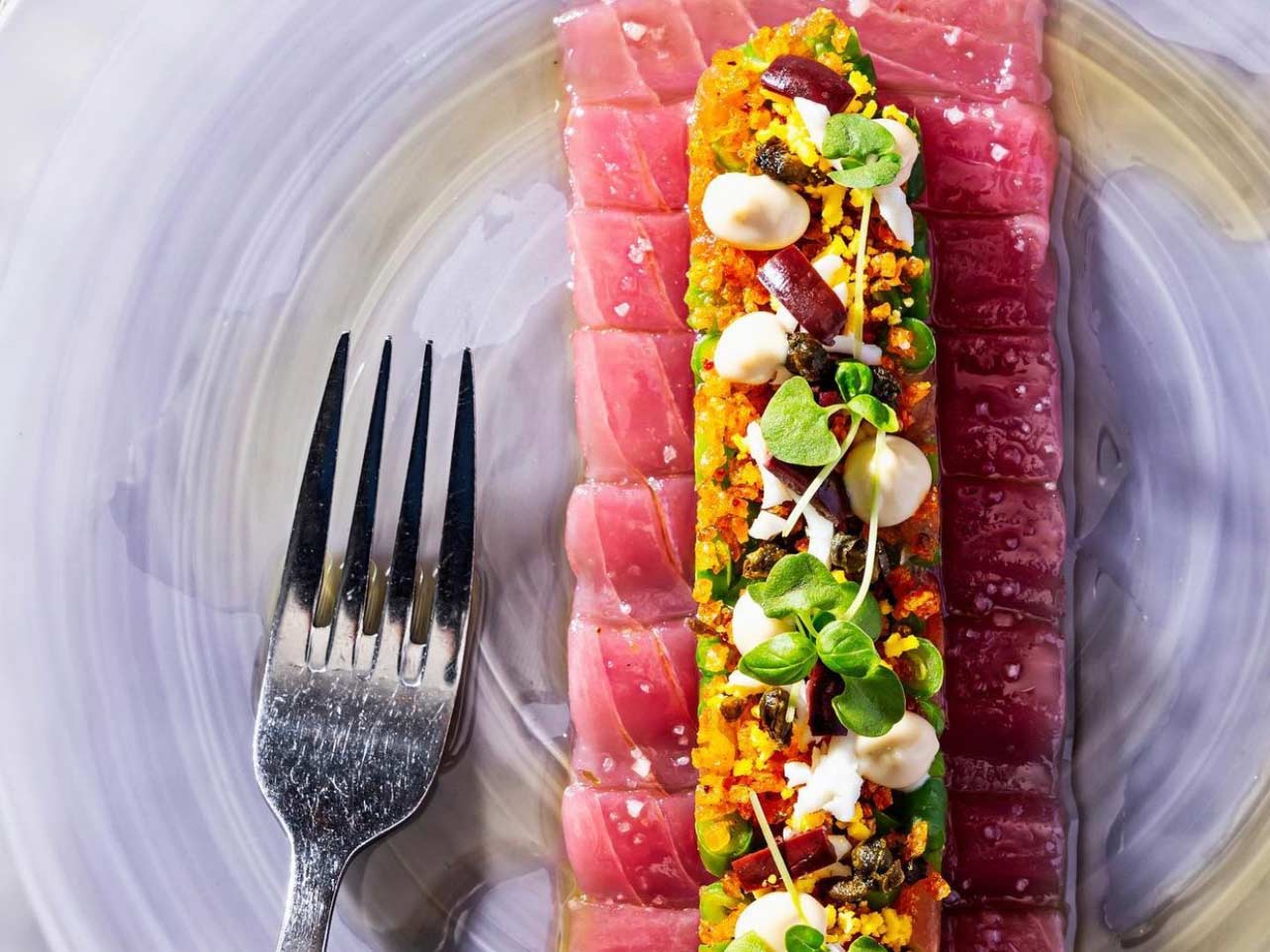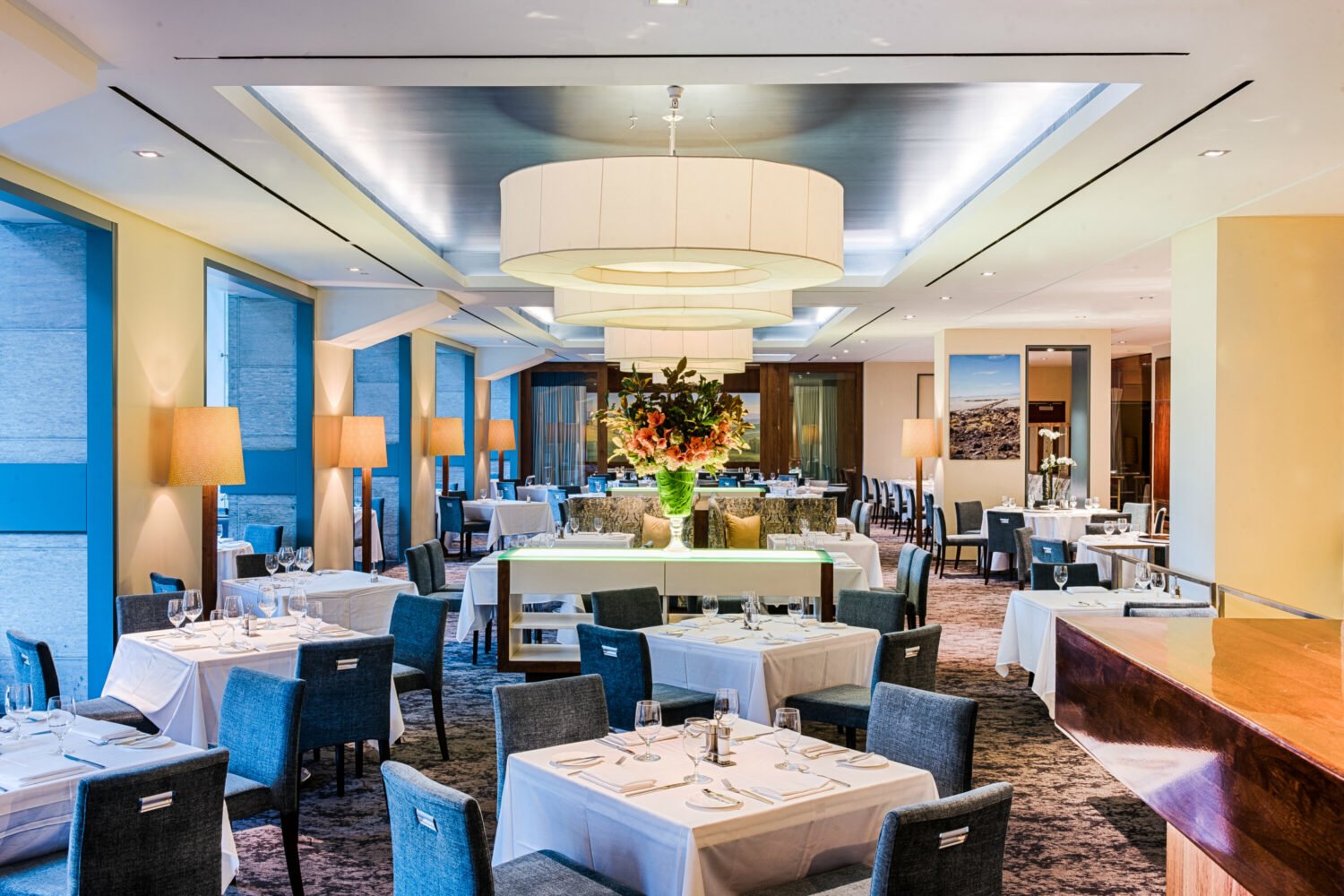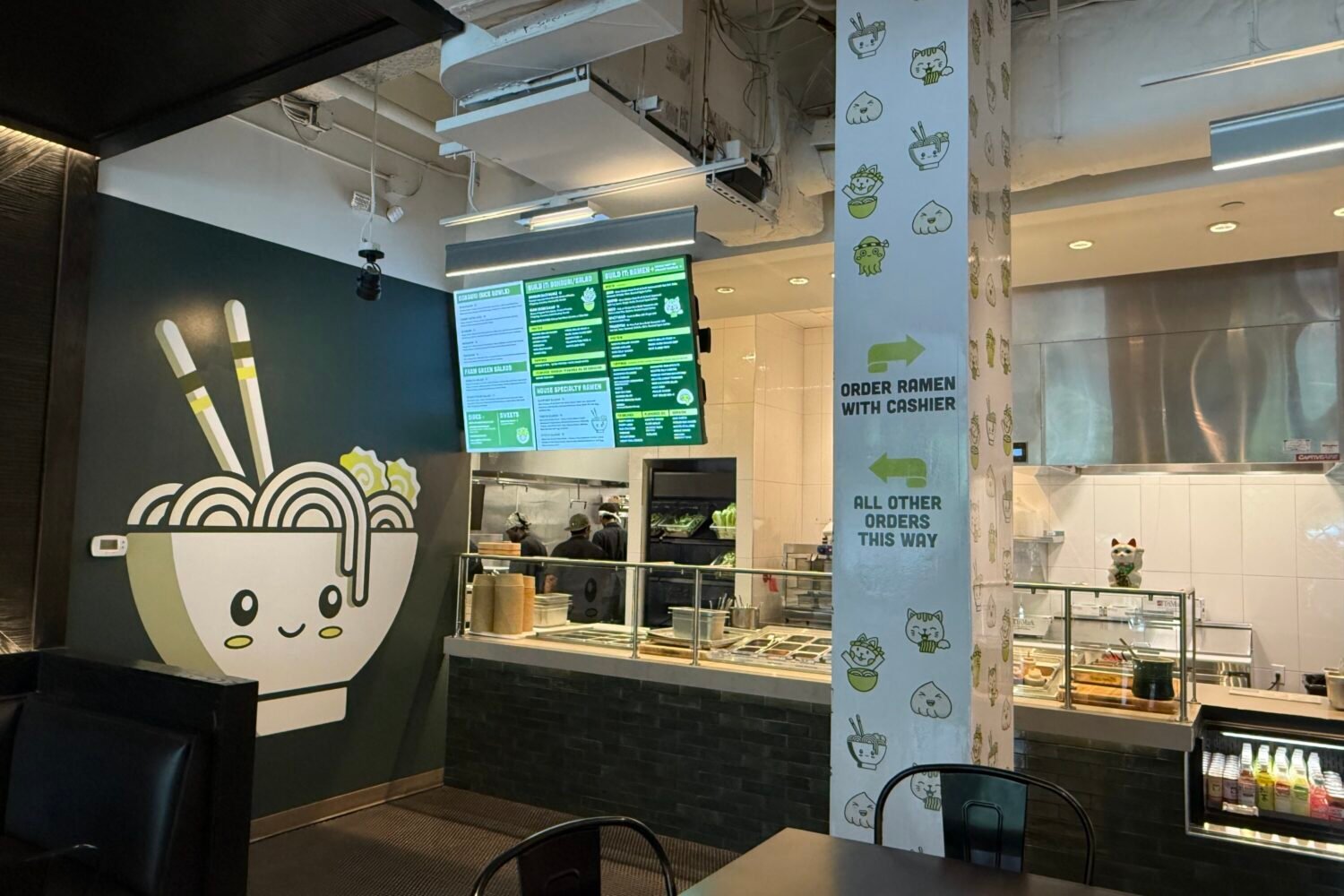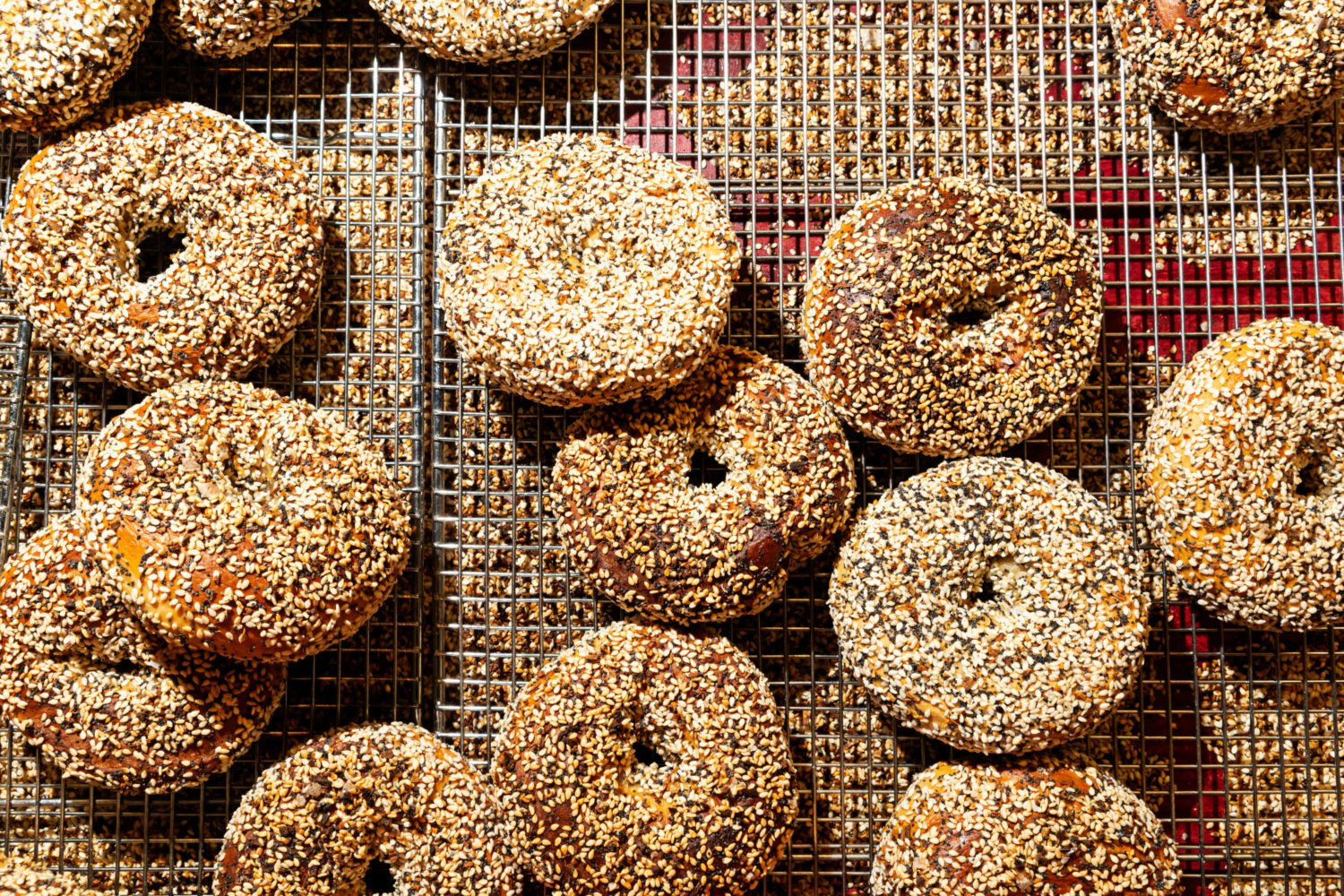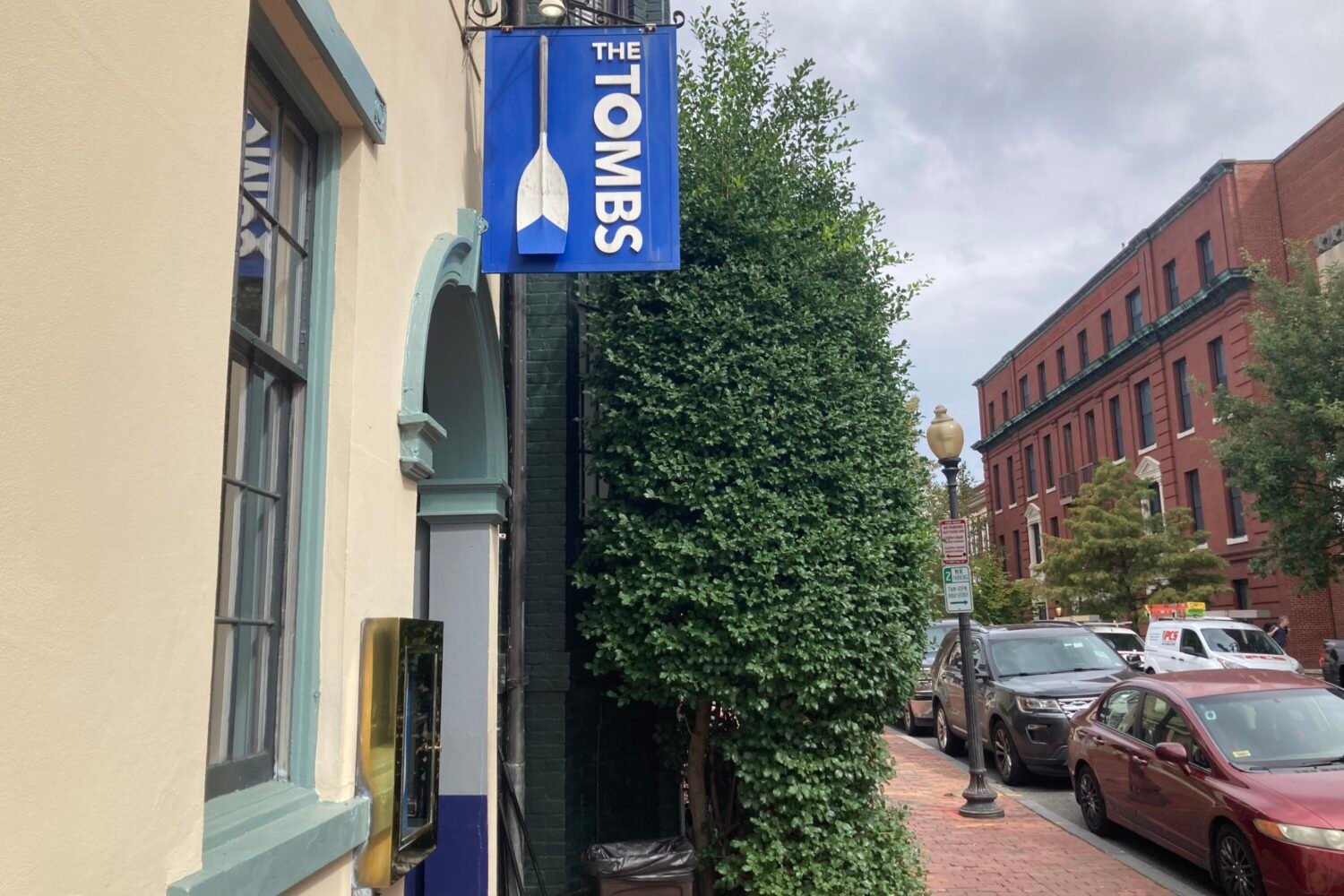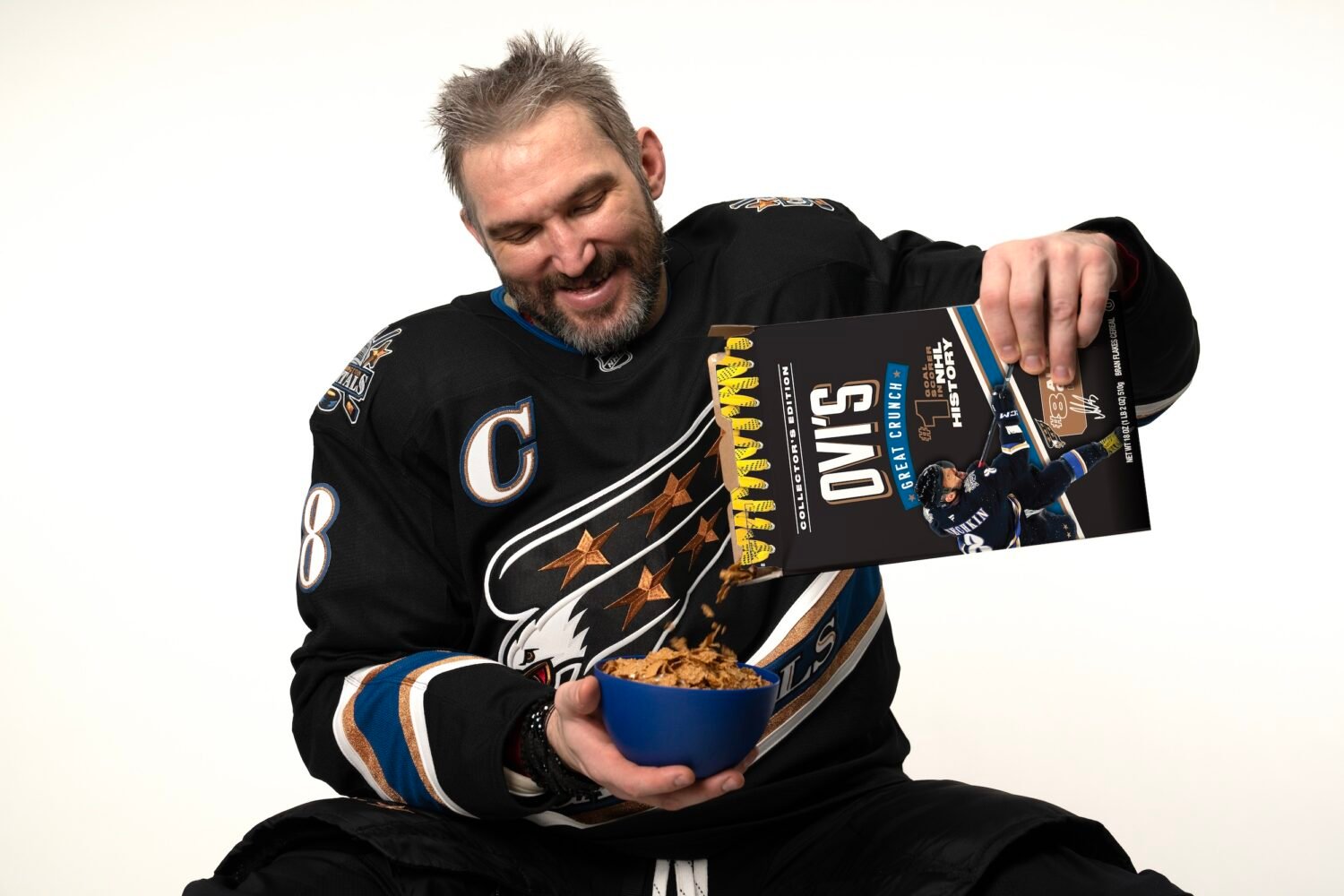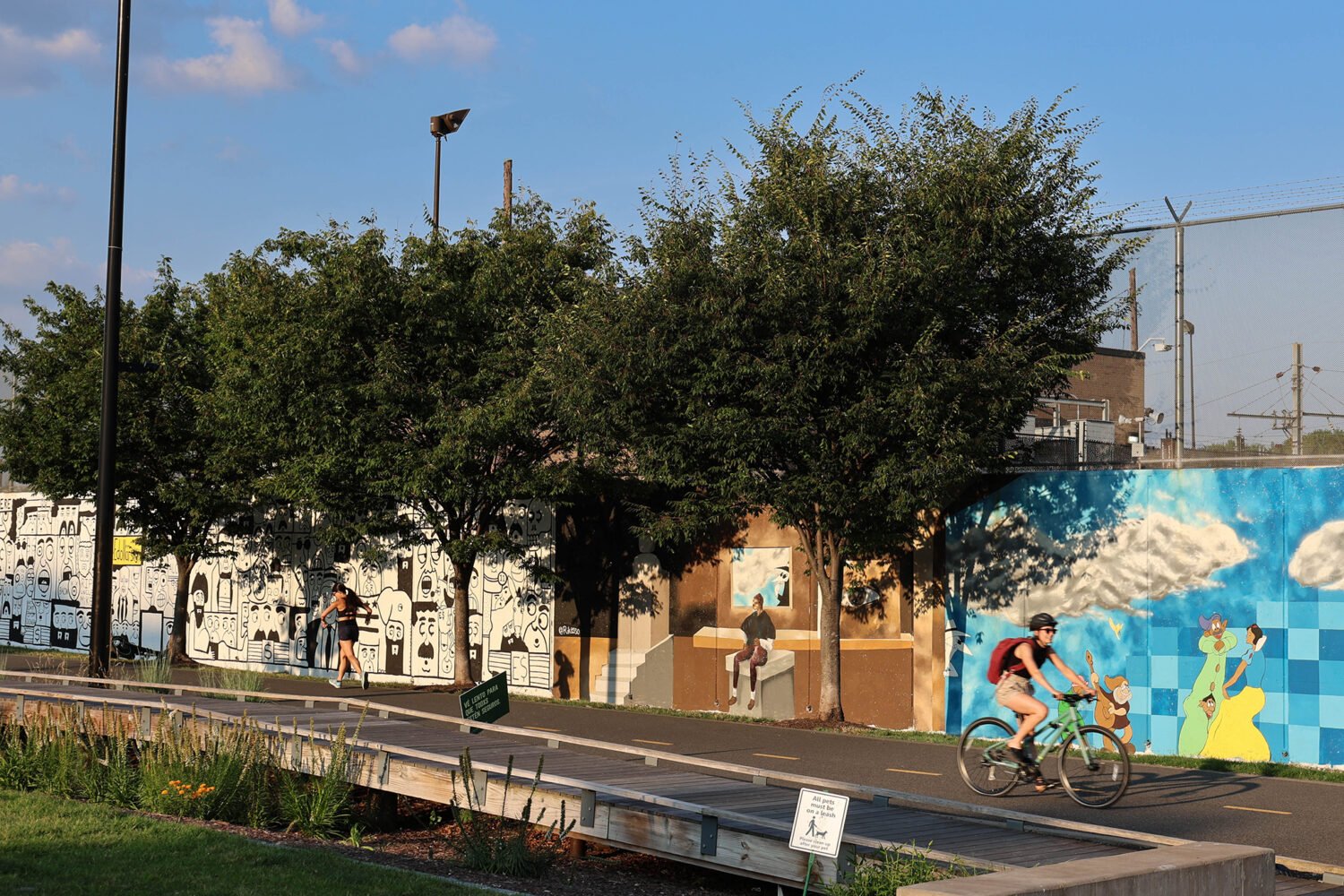On April 24, Centrolina chef Amy Brandwein got the kind of news restaurant owners across the country are dreading: One of her employees was sick and tested positive for Covid-19.
The chef, who was just nominated for a James Beard Award, acted quickly. Without any set guidelines for restaurant owners to follow, she consulted the Centers for Disease Control and Prevention website. Then Brandwein notified her staff at the upscale CityCenterDC Italian restaurant and neighboring cafe Piccolina, as well as the DC Department of Health. She wrote a message to the public—shared on social media and in an email blast—informing everyone of the positive Covid test as well as plans to immediately stop takeout and delivery and to close the restaurants for a two-week quarantine. Spaces were sanitized and prepared for hibernation, with hundreds of dollars of perishable food sent home with employees. The sickened kitchen staff member—who had no known contact with customers and very little with colleagues—was later hospitalized but is currently recovering.
“It didn’t enter my mind to close for a few days, clean, and figure out who’s healthy and coming back,” says Brandwein. “I feel like my staff needed a break.” She says notifying the health department and public were also obvious moves, though there’s nothing saying a business must do so. “I had no idea what to say, to be honest. I was surprised it happened, because we’ve been so vigilant about cleaning. I think just being transparent is the best way. It’s happening all over the place.”
On Friday, the District, Virginia, and Maryland reported 119 new fatalities and 2,128 new Covid-19 infections, according to the Washington Post. If you follow local restaurants on social media, you’ll notice messages on trend with the stats: More employees are testing positive. Tweets and Instagrams typically outline safety measures and declare that the business is temporarily closed, often “out of an abundance of caution.” Such transparency is at the discretion of owners, as is how long they choose to cease operations—if they do at all—and what safety measures they take before reopening. The possibility of closing and reopening, only to close again when another employee falls ill, is a lingering threat to individual operations and the industry as a whole.
A representative from the Restaurant Association Metropolitan Washington (RAMW), which claims more than 1,000 members in the Washington area, says the organization doesn’t currently have protocols available for what restaurants should do when employees fall ill. They say they’re currently working with the DC Department of Health on guidelines. There is currently no evidence that Covid-19 can be spread through food or packaging, though the lack of oversight is still surprising. The DC Health Department is not responsible for inspecting or closing food businesses that report Covid illness, according to a spokesperson. Nor are businesses required to report positive cases (though healthcare clinicians must do so).
The restaurateurs with whom Washingtonian spoke say they consulted a hodgepodge of websites for help, including the National Restaurant Association and CDC as well as the District’s Covid response page. Some called industry colleagues for advice, while others asked doctor friends. All expressed frustration at an overall lack of guidance and clarity. Their actions—all trying to protect their staff, customers, and business—vary. Staff testing paid by employers, regular temperature checks, and deep-cleaning have become commonplace. Brandwein’s businesses reopen Friday with even stricter, self-imposted safety policies, including hand washing every 30 minutes, hourly cleaning, and twice-daily temperature checks for staff.
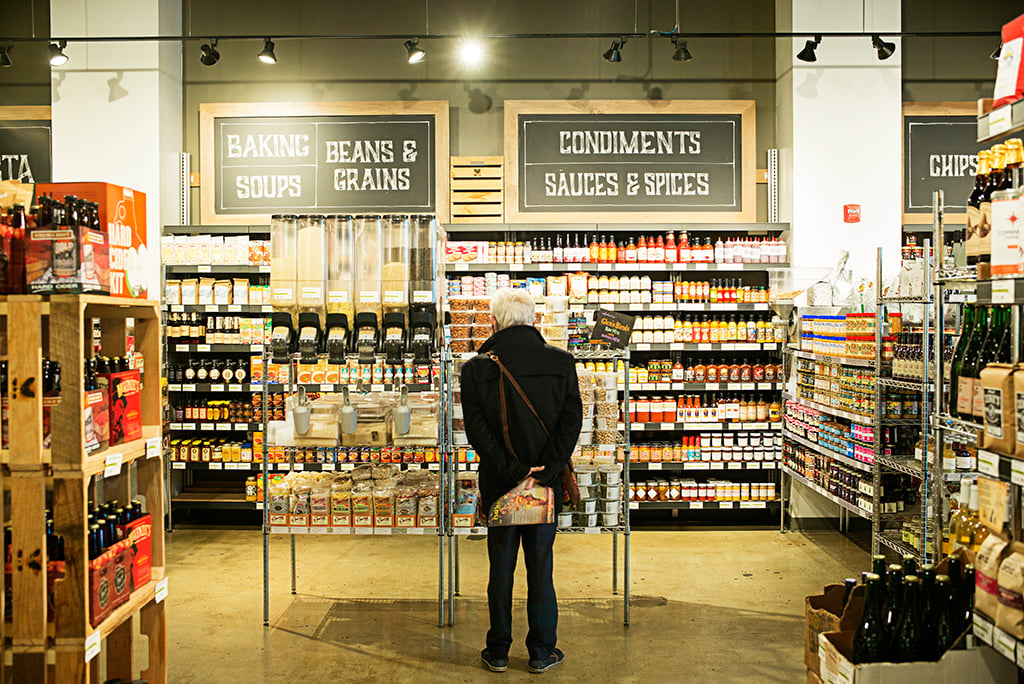
Last week, veteran restaurateur Ruth Gresser closed the Spring Valley location of Pizzeria Paradiso after a staff member—who hadn’t worked for several days—reported a fever and tested positive. The location just reopened for pickup and delivery after testing for all who had come in contact with the employee and following a deep cleaning. At Pupatella’s flagship in Arlington, a daily temperature check revealed a feverish kitchen employee who was immediately sent home and later tested positive. The pizzeria—which offers only contactless curbside pickup and delivery—immediately shuttered last Friday and notified the public on social media. It reopens today after requiring all employees to get tested and a week of sanitation.
Yesterday, Ian and Eric Hilton’s popular U Street spots, El Rey and Echo Park, ceased operations “until further notice” after a kitchen employee tested positive. Sister spot American Ice Co. canceled its steamed-crab delivery service for the weekend, notifying customers of the Covid case over email, while Chez Billy Sud is “taking a temporary hiatus to reset,” per the website. Ian Hilton declined to comment on next steps at this time. “Long story short, I get a little too emotional even talking about it,” says Hilton.
An employee also tested positive at Petworth’s Timber Pizza on Tuesday. Co-owner Andrew Dana says he immediately shut down the small takeout, hired a company that “industrially cleaned, the way they do it in a hospital,” and required all 15 employees who’d been in contact with the infected one to get tested. All have come back negative, and there are tentative plans to reopen Timber next week with a new “pod” system whereby employees work in separately scheduled groups to minimize the impact if someone gets sick.
“Candidly, we’re planning in the next nine months for employees to test positive. It’s about what we can do to keep everyone safe,” says Dana. “Are people going to want to come and eat pizza because they know we had a positive case? Maybe not, but we knew we had to be transparent for our own moral compass and for the health of our staff. But it’s kind of scary that there are no guidelines for this stuff.”
Testing can be even harder to find than guidance. Glen’s Garden Market owner Danielle Vogel got word in her inbox that two back-of-house employees tested positive for Covid late last Saturday night. Vogel has maintained strict safety protocols at her locavore Dupont Circle grocery, allowing only five properly masked customers in the shop at a time, conducting thrice-daily deep cleans, and breaking her staff down into five scheduled teams that have no contact, “so if there’s an instance of contamination, we can instantly trace and isolate.”
Hours after receiving the news Sunday morning, Vogel says, she tried to get testing for herself and the team members affiliated with the ill persons in DC but found that the testing centers and DC Covid hotline were closed for the weekend. She says the team tried a nearby clinic but were turned away because they were asymptotic. The clinic claimed it didn’t have tests to spare. Not until the staff went to another clinic in Hyattsville were they able to receive rapid tests—all negative, prompting Vogel to keep the grocery store open with health-vetted employees and waves of sanitation. (She also sent an email blast to customers informing them of the Covid infections.)
“This representation that any grocery store employees can get tested in DC is inaccurate,” says Vogel, citing a statement by Mayor Muriel Bowser that tests will be widely available to grocery workers. “You must make testing readily available to anyone in the industry, seven days a week, and without question. This is what terrifies me about the economy reopening. There is no roadmap. This can’t be choose-your-own-adventure or we’ll never get out of this alive.”

